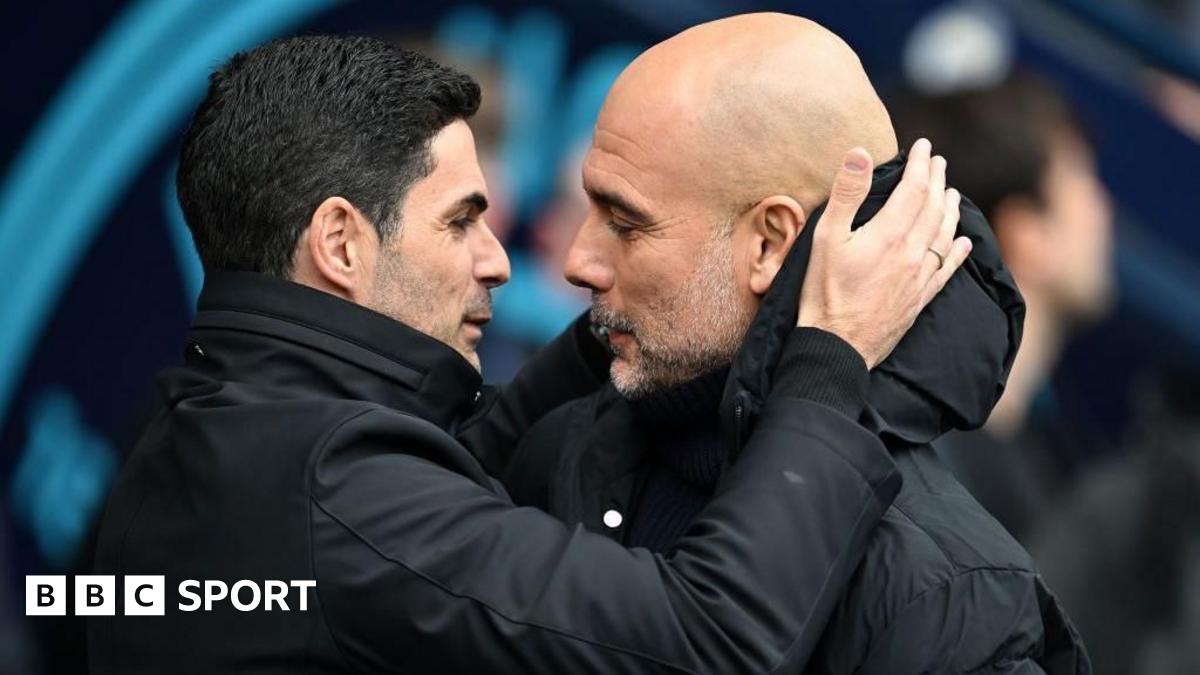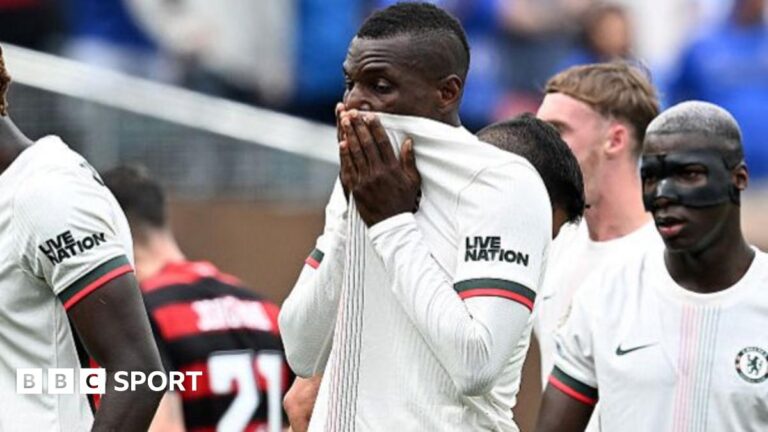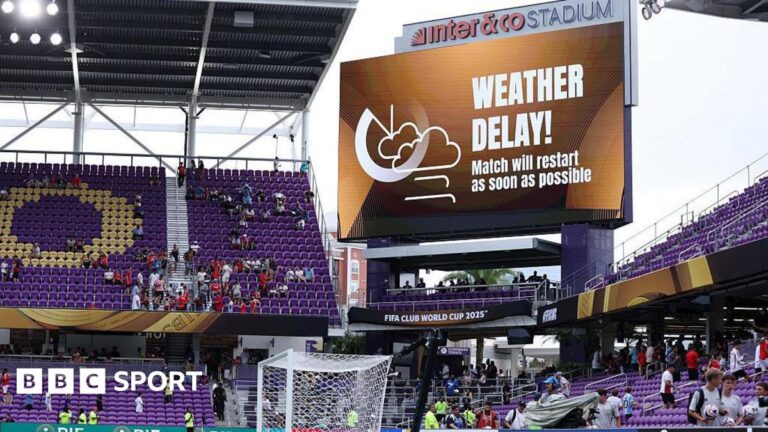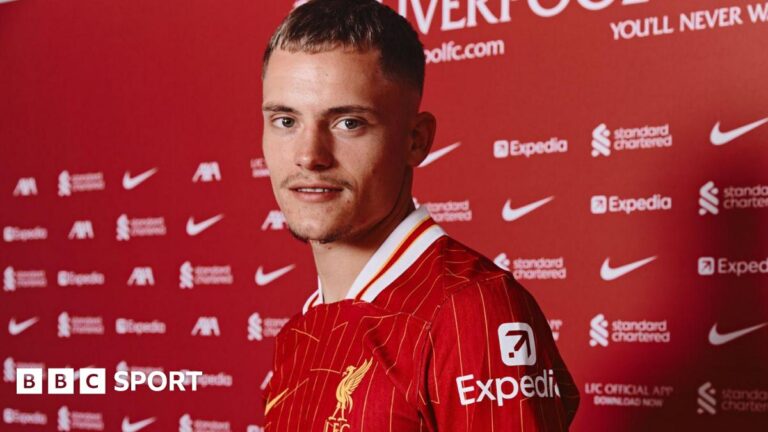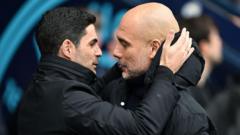

Much of the criticism towards positional football is rooted in frustration: «If we can’t do it well, let’s not do it at all.»
But that’s not how progress works. Just because only the top teams can currently execute the model exceptionally well doesn’t mean it’s flawed. It means we’re watching football in transition. The conversation shouldn’t be «this doesn’t work», rather «how can we implement it better?»
It’s easy to romanticise the past, to argue that football used to be more spontaneous, more human. But the truth is football today is better. More complex, more collective, more intelligently designed. It’s harder to coach, harder to play and, when done well, arguably more beautiful to watch.
That’s why managers like Emery are so fascinating. He challenged his own beliefs, read the evolution of the game and adapted. He embraced positional principles not because of ideology, but because they offered greater control, clarity and consistency — even without elite-level players.
That kind of flexibility is brave. Not every manager can do it. Not every player can either. But I admire clubs that choose to live in the now, rather than clinging to what worked then.
Why shouldn’t defenders like Virgil van Dijk, Pau Torres or Pau Cubarsi touch the ball more than midfielders? Why can’t they be the architects of the play? Why can’t they be the role models for a new generation of defenders?
Even PSG, a club historically reliant on individual brilliance, has adopted positional ideas in attack — making sure they’re prepared to press the instant they lose the ball.
The hardest thing in football, as in life, is to look forward and imagine what’s next. It’s far easier to look back and say «that was better».
I don’t pretend to know what football will look like in a decade. But I listen to those who do. And I believe positional play is the present — and the future.
We are in the middle of a cultural shift. Some managers are trying to copy the model. Some are succeeding. Others are still learning. And yes, some are resisting altogether.
But in five years almost everyone will be playing some version of positional football. Not because they’ll be forced to, but because football doesn’t wait for those who refuse to evolve.
The next generation of coaches is already fluent in its language. And soon it will be universal.
We’re not asking every restaurant to be Michelin-starred. But we are asking them to stop serving frozen food.
Let’s not fight the model. Let’s enjoy the process. Let’s celebrate the teams trying to get it right — mixing structure with their own cultural identity — instead of dismissing them because they’re not Guardiola’s City.
A new football culture has taken over — and it’s here to stay.









